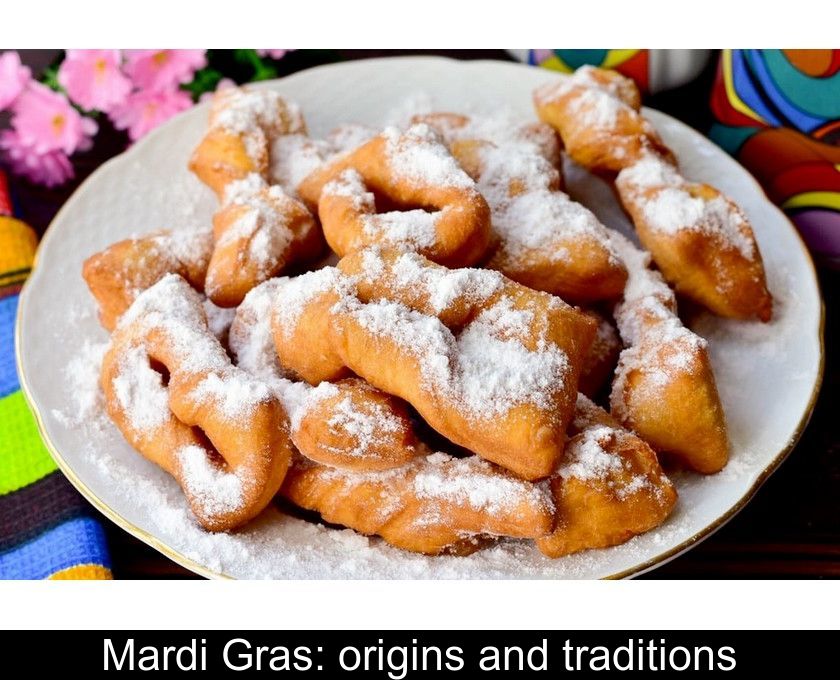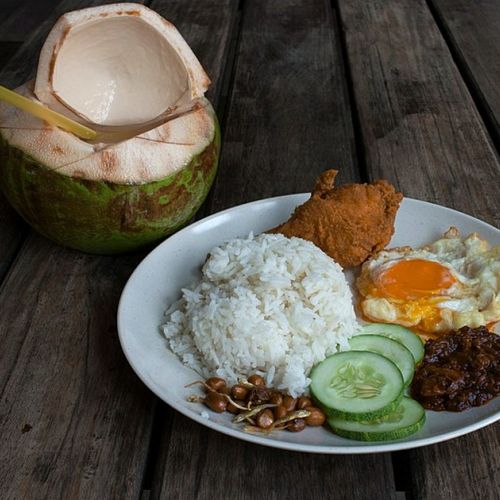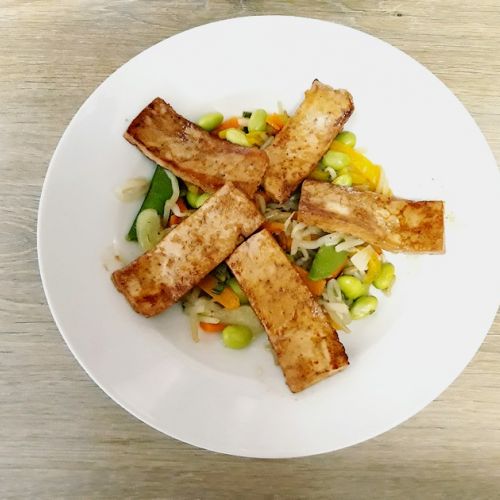Mardi Gras: Origins And Traditions
Shrove Tuesday is a holiday in the Catholic calendar, but in popular tradition it is the day when the famous 'carnival donuts' are eaten. We offer you to learn more about the origins and traditions of this festival that gives us the opportunity to enjoy ourselves in the heart of winter.
What day does Fat Tuesday fall on in the Catholic calendar?
The feast of Mardi Gras precedes Ash Wednesday which marks the beginning of Lent and falls on a different date every year, set in relation to the date of Easter (a feast whose date varies according to the cycle of the Moon).
For Catholics, Ash Wednesday is a day of penance. Among the first Christians, this day was the day of public penance and the penitents presented themselves with their heads covered with ashes as a sign of affliction.
The etymology of the word 'carnival', which derives from the Latin and would mean 'farewell to the flesh', reminds us that the festivities of carnival precede, in the Christian tradition, the entry into Lent during which the Christian eats 'lean', abstaining in particular from meat.
Lent is the period of forty days preceding Easter. Christians are invited to purify themselves of their faults and to do penance through deprivation. Penance can be marked by Fasting or abstinence, such as voluntary abstention from Meat and dairy products, and sometimes, nowadays, from desserts and sweets.
Mardi Gras makes sense when put in this context. To celebrate one last time before the deprivations begin, the day before, on Tuesday, 'we made fat', that is to say that we finished the fatty food before putting ourselves in Lent. We took the opportunity to make doughnuts, bugnes and fried food. Since the tradition of Lent is to stop eating eggs, pancakes were also prepared.
What are the Mardi Gras traditions around the world?
In Europe, Lent has lost much of its ritual character, as have many religious holidays. The weakening of religious practices of abstinence during Lent has made Mardi Gras festivities much less intense.
Many carnivals take place on this Tuesday, which is traditionally the last day of a period of festivities that began with the Epiphany. In the United States, and more precisely in New Orleans, Mardi Gras is a very important and famous festival.
Under disguises, everyone celebrates without distinction of class. Carnival is a time of joy and freedom where the rules of normal life are suspended. From Rio de Janeiro to Venice, not to mention Quebec City, Dunkirk, Nice, Binche, Basel, Malta and many other cities, Mardi gras is dedicated to fun, joy and rich cuisine! We eat meats in sauce, cold cuts and fried treats in oil like doughnuts.
What are the culinary specialties of Mardi Gras?
On the occasion of Mardi Gras, we taste waffles, doughnuts, bugnes, ganses and other carnival specialties whose recipes and names know an infinite number of variants.
If you want to follow this tradition, here is the recipe of a speciality of Nice prepared on the occasion of the carnival: the ganses. You can, if you wish, fry the ganses in olive oil.
400 g of Farine with a pinch of salt and 1/2 packet of baking powder
120 g of sugar
3 large eggs
6 caps of Orange blossom water diluted in 1/2 glass of tempered water
frying oil
powdered sugar
Make a fountain with the flour, a pinch of salt, yeast and sugar. Pour in the middle the 3 eggs and the water scented with Orange blossom. Mix until you obtain a soft, well homogenized dough, thick enough to be rolled out with a roller.
Cover the dough and let it rest for at least 1 hour.
Flour a work surface and roll out the dough very thin. Cut out rectangles about 2 cm wide and 10 cm long. Tie them like a ribbon.
Dip the ribbons in very hot frying oil. Let them get a nice golden color. Drain them on a paper towel.
Sprinkle the cooled ribbons with a good amount of powdered sugar and enjoy!








